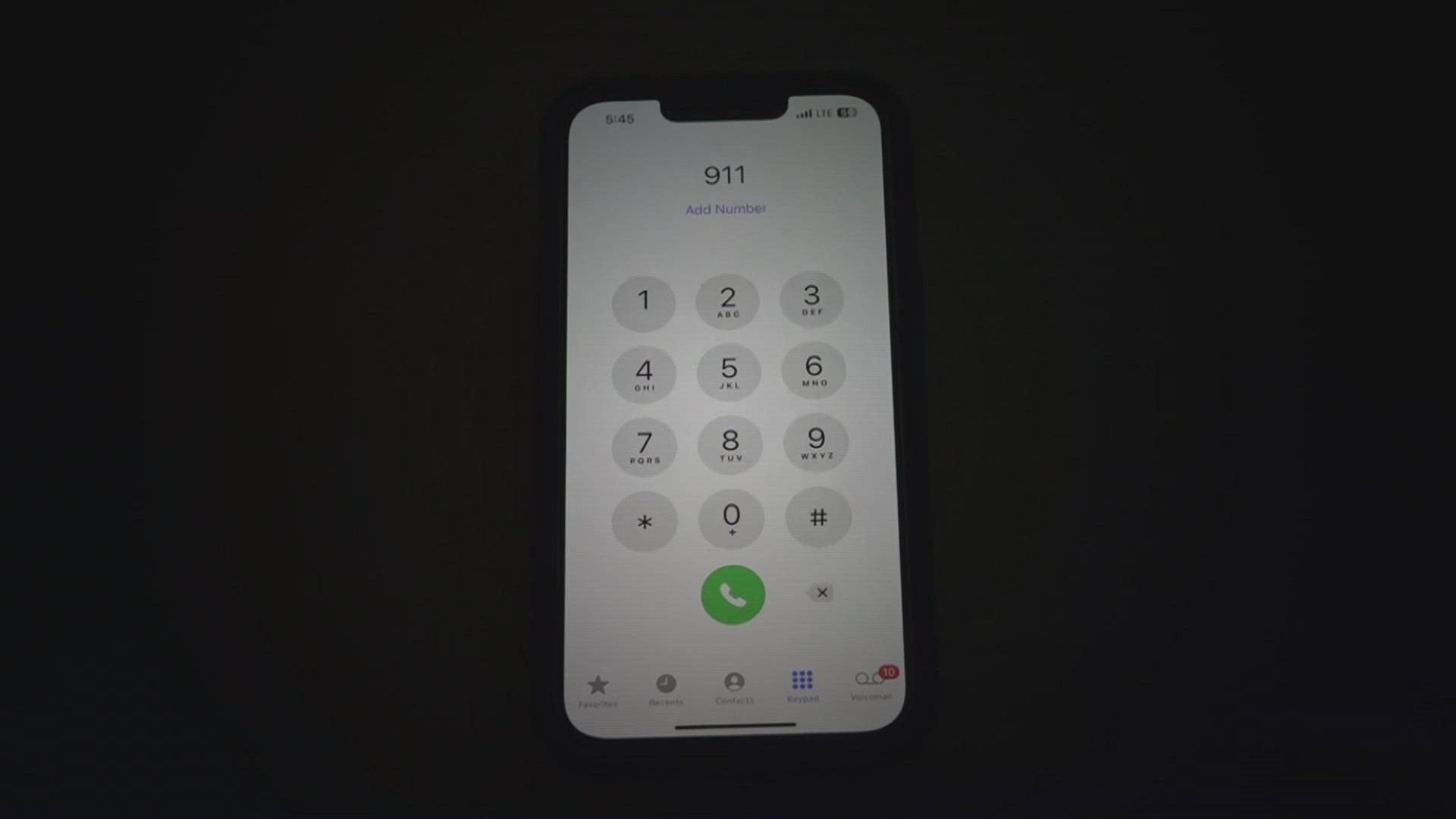KNOXVILLE, Tenn. — A bill passed in the Tennessee Senate and House of Representatives would require some domestic violence offenders to wear GPS monitoring devices so survivors can tell if they are nearby.
SB 1972 specifies courts can require offenders to avoid contact with survivors and require them to wear GPS tracking devices before allowing their release on bond. It is otherwise named "The Debbie and Marie Domestic Violence Protection Act."
Debbie Sisco and Marie Varsos are a mother and daughter from Middle Tennessee. Marie's husband shot and killed them in a 2021 murder-suicide. Previously, he had been released on bond after he was jailed for strangling Varsos.
"Those critical seconds of giving a victim the ability to know that someone is outside or near them puts them in a different space and gives them more tools. And so, we're hoping that with this new technology that's out there in Tennessee, being one of the first, that other states would follow that lead," said Alex Youn, a relative of Sisco and Varsos.
The bill would apply to people arrested for stalking, aggravated stalking or especially aggravated stalking, as well as any kind of offense specifically against another person such as assault, kidnapping or rape. Survivors would also have the chance to use an app that notifies them if offenders are near their location.
"My sister had a safe place to stay. She had a job, she had a supportive network. She had reached out and filed charges," Youn said. "She actually had a gun and was able to fire back on my brother-in-law, but unfortunately was just overpowered."
The law was championed by state lawmakers Clay Doggett and Paul Rose.
"As a former law enforcement officer, I've seen the devastating effects these crimes can have on families," said Doggett
The offender is also required to pay for the cost of the GPS device for both parties. If the suspect is unable to pay for the GPS then a judge will decide if the county will pick up the tab.
According to the law, it will be the perpetrator's responsibility to pay for the monitoring system and for the device that the victim has.
A fiscal note for the law said it would decrease state expenses by around $19,500, but increase local expenses by around $151,200.
"It's my belief that had this law been enacted at the time of their death, they'd still be here today," Youn said.
The bill passed with unanimous support in the Senate and bipartisan support in the House. The bill then took place on July 1.
Tennessee is now the first state in the nation to adopt a law of this magnitude.

